Collaborative agriculture according to Jardin Cent Pépins
In the autumn of 2017, eight young farmers who specialize in growing organic vegetables, herbalism and permaculture rented a five-acre field In Mont- Tremblant. Since then they’ve been using it to experiment with a range of agricultural techniques to feed themselves and feed the community. One of the businesses emerging from this fertile soil is Jardin Cent Pépins, which produces vegetables and perennial plants.
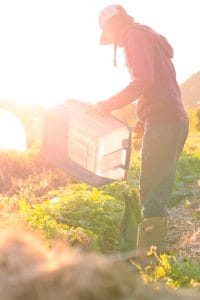
A sharing economy
To make the field suitable for polyculture, each member of the group voluntarily invested time, money and energy. What was built included a fence, a cabin, a greenhouse, a pond, an irrigation system and caterpillar-tunnels.
In this organic model, where everyone develops their parcel of land for personal or commercial purposes, creating abundance depends on mutual assistance, freedom, respect for communal rules and the sharing of some tools.
The farmers are encouraged by the local community: friends who like to garden, a generous plumber who miraculously appears during a drought, a retired neighbour who takes care of the chickens, and an organic farmer who cuts the hay.
Besides, the Wikipedia post about the collaborative economy reminds us that: “In agriculture, collective work and tool sharing have always existed.”
Local distribution
The “Jardin Cent Pépins” team grows sixty or so kinds of vegetables and herbs which are mainly used in the lacto-fermented products from “Symbiose AlimenTerre” and on the meals menu at “Cabane à Tuque”. This summer, vegetables will also be sold to the public in a weekly basket format, at the Mont- Tremblant and the Labelle summer markets.
“My ideal is to feed local people. Over time, I’d like to provide really diversified baskets, with fruit, eggs and edible perennials, for people who feel connected to the project. When you’ve weeded what you eat, you appreciate it even more,” jokes Sébastien Moisan, owner of “Jardin Cent Pépins”.
Regenerative agriculture
Selling vegetables is a means rather than an end for Sébastien Moisan. What he really cares about is the concept of growing perennials adapted to our climate while caring for the health of the soil. He likes to propagate rustic varieties of trees, shrubs and medicinal plants which, once they mature, will create nutritive forests.
His expertise is evolving in concert with that of Jérémie Gagnon, owner of Permex, who has planted his third tree nursery in permanent mounds on this shared ground. There is a symbiosis among the gardeners who work together, as there is among the living organisms of the ecosystem.
For example, the clumps of medicinal flowers, in creating habitats for beneficial insects, contribute to the pollination and plant protection of vegetable cultures. The many macro and microscopic interactions make this piece of land a genuine agricultural-ecological laboratory, where forest agriculture rubs shoulders with bio-intensive market gardening.
Access to the earth
It’s thanks to the generous property owner that these young farmers – aged between 35 and 45 – can cultivate this field. The reality is that, in spite of the improvement in agricultural knowledge, access to land is always very challenging for the next generation of farmers, a problem made worse by the current real estate market.
Some successful examples, like the “Ferme aux petits oignons” and the “Récolte de la Rouge”, started their agricultural businesses on rented land. By taking inspiration from the cooperation between farmers, each of us can garden more collaboratively. On the scale of a household vegetable garden, it’s possible to share tools among neighbours, exchange tiny plants and seedlings and help each other with watering or the rental of a rototiller.
After all, hasn’t agriculture always been collaborative?
More from this author by clicking on her photo below.


Geneviève Huchette97 Posts
Geneviève Huchette a étudié en agronomie et en marketing. Elle aime se servir de sa plume pour faire rayonner les entreprises locales et les initiatives environnementales. Établie à Mont-Tremblant depuis une quinzaine d'années, elle ne cesse d'en découvrir les beautés. Genevieve Huchette completed her bachelor degree in Agricultural and Environmental Sciences at McGill University. With her recent studies in Marketing, she wishes to use her writing skills to promote local initiatives, especially if they are environmentally friendly.
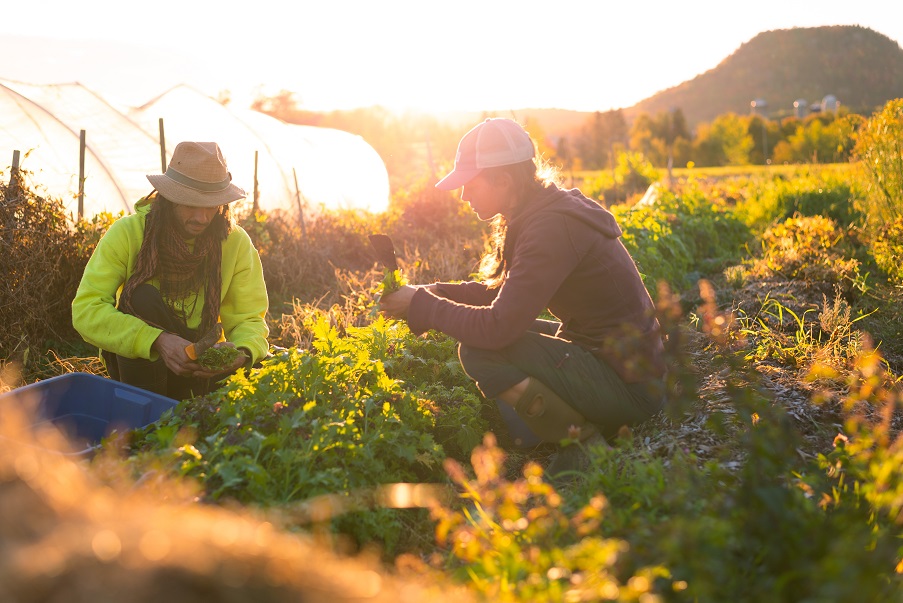

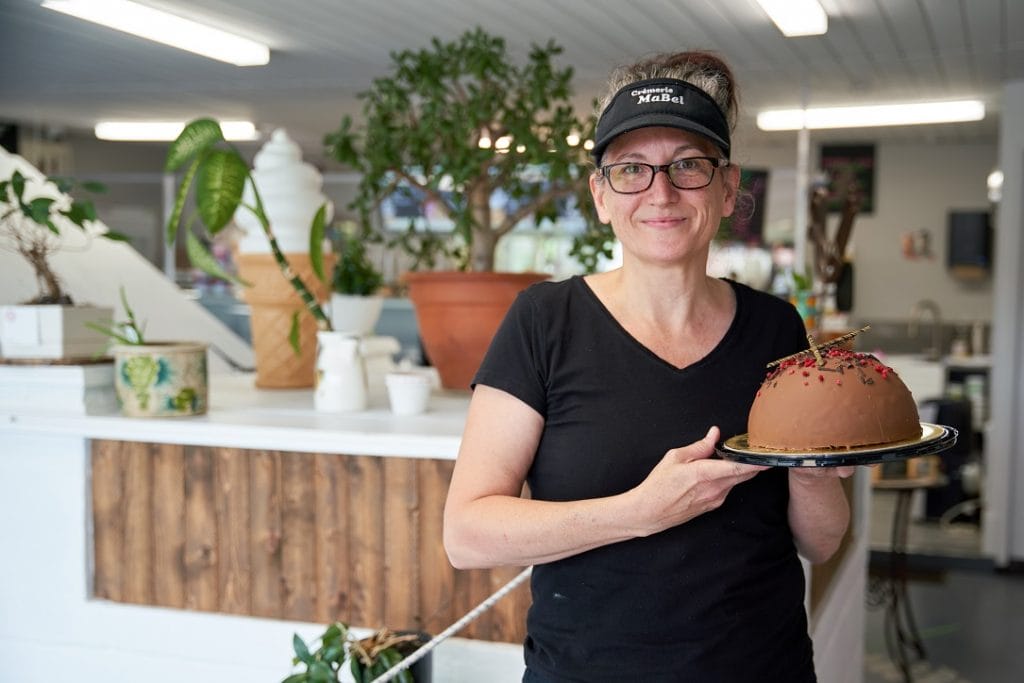


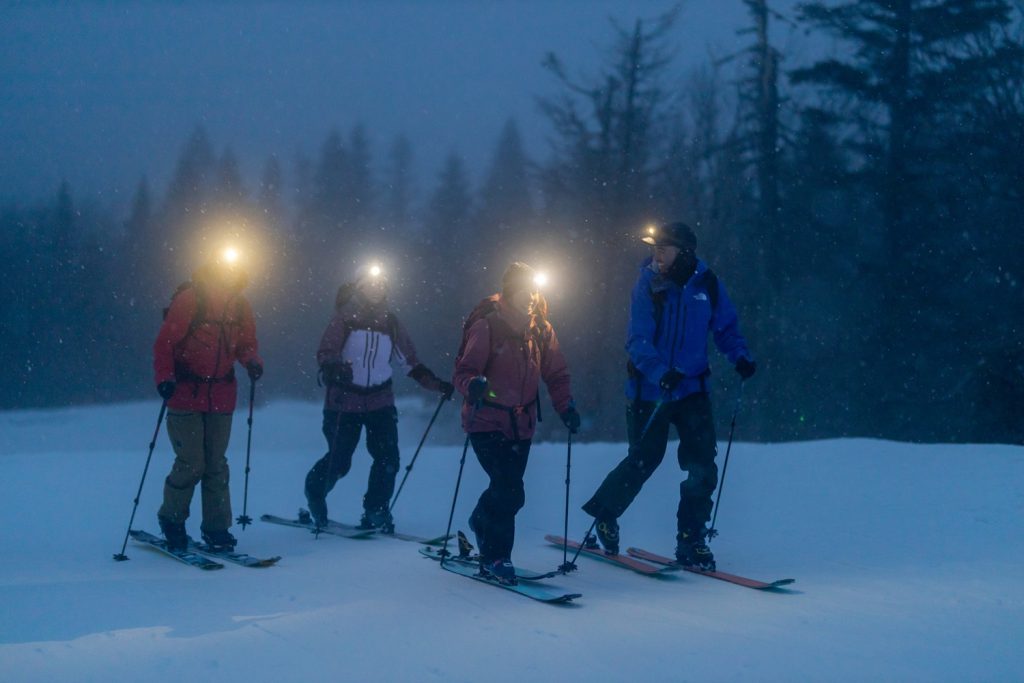
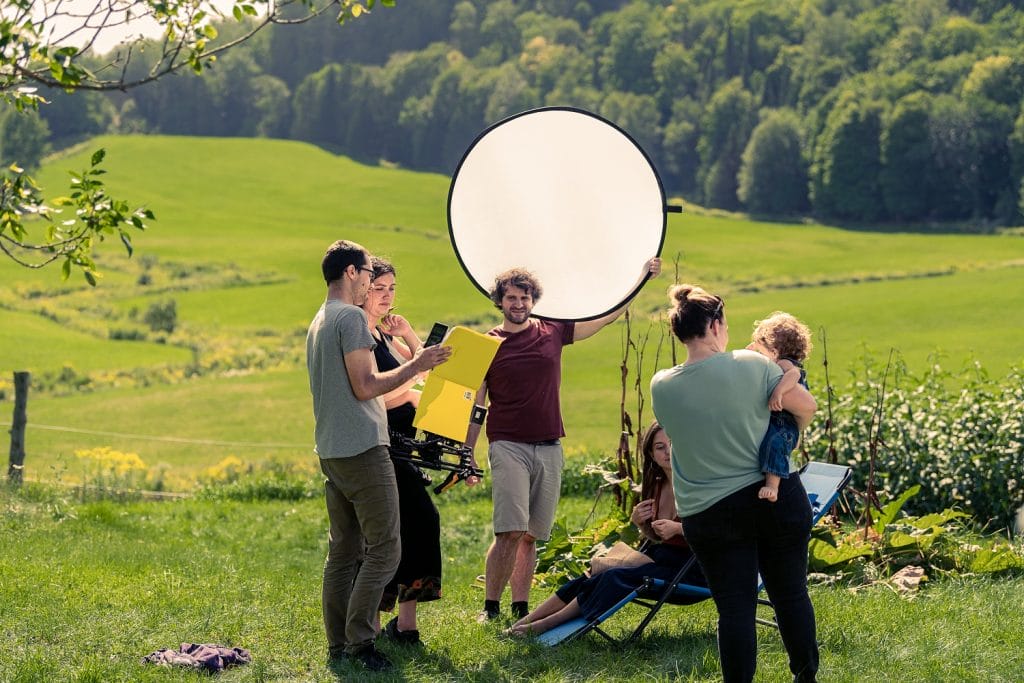
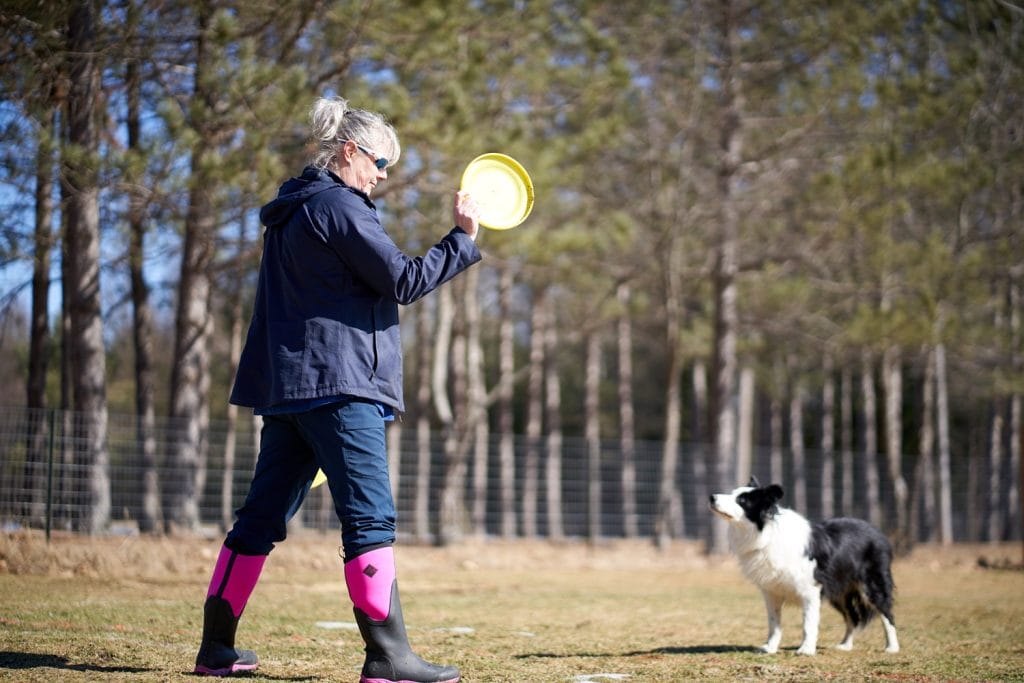

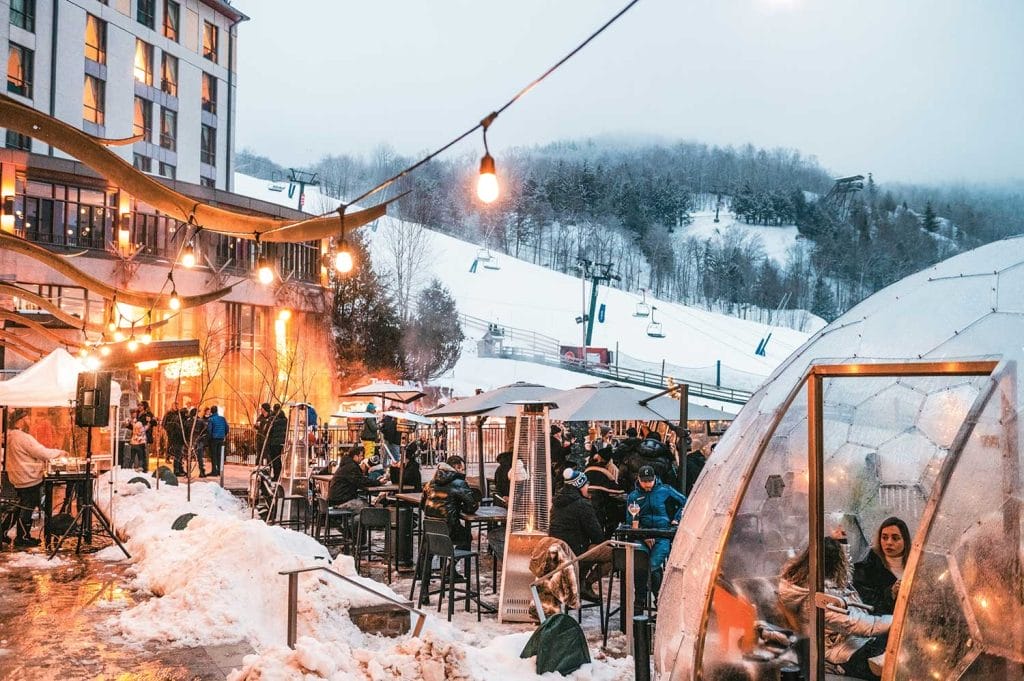
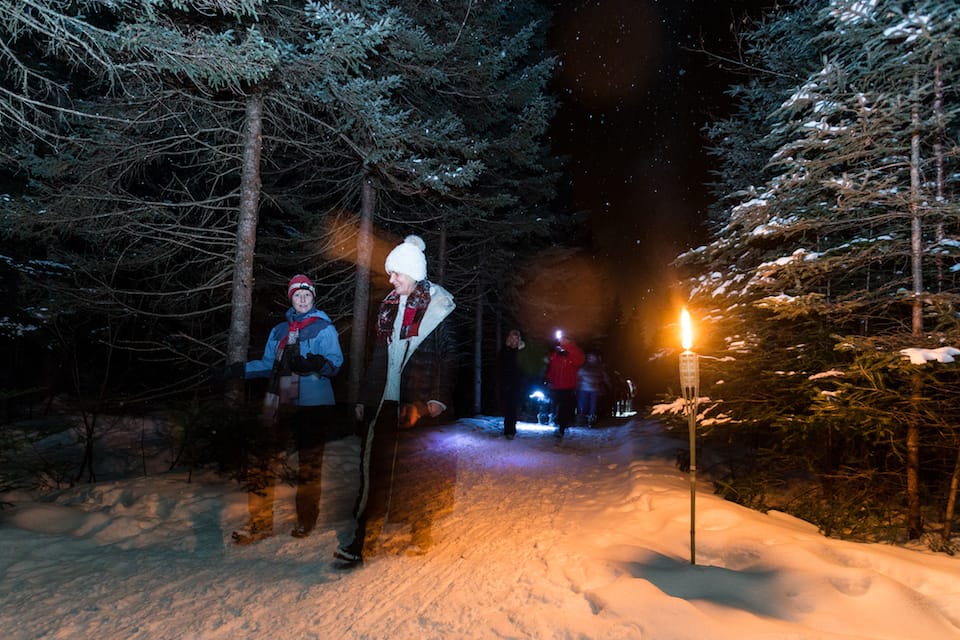

0 Comments